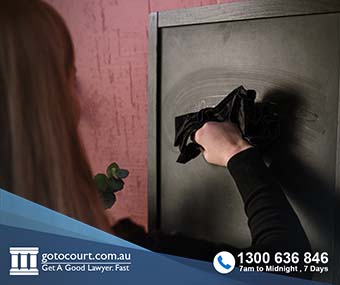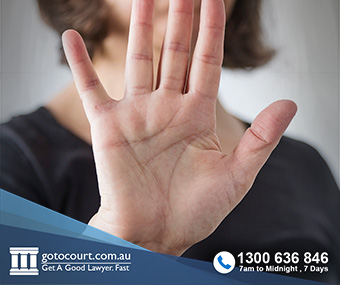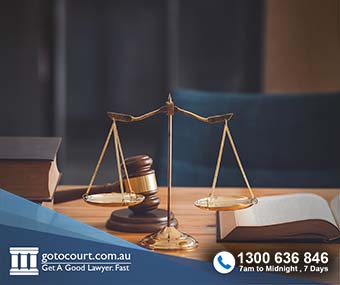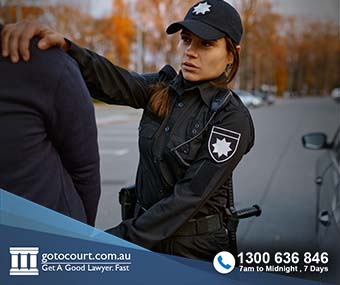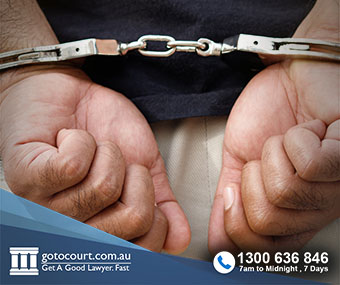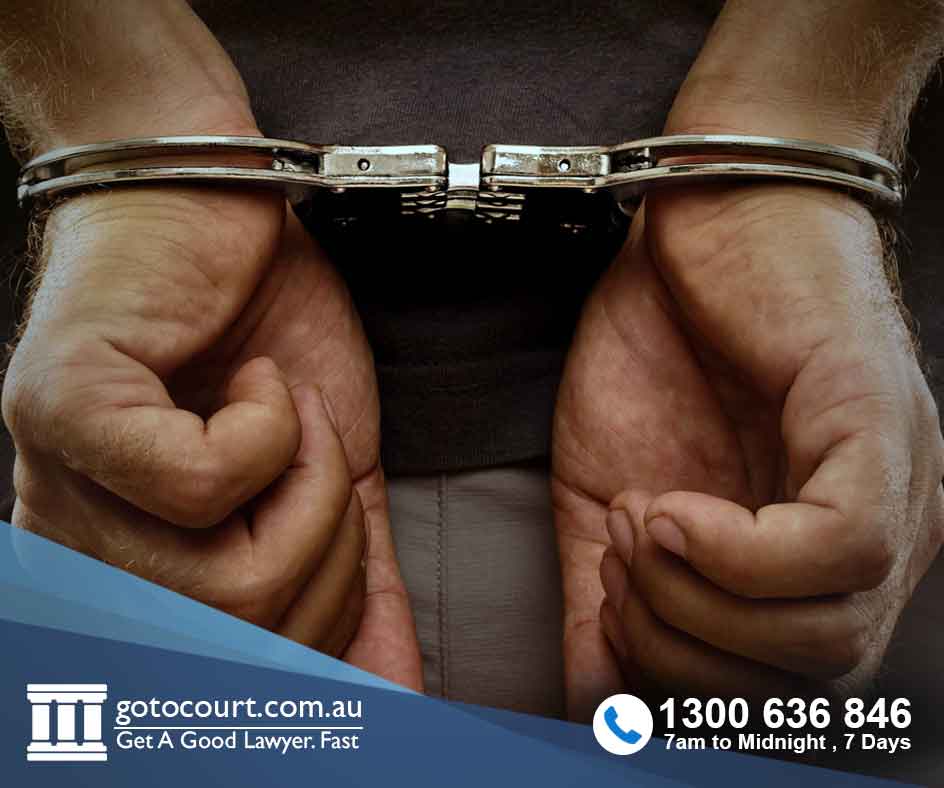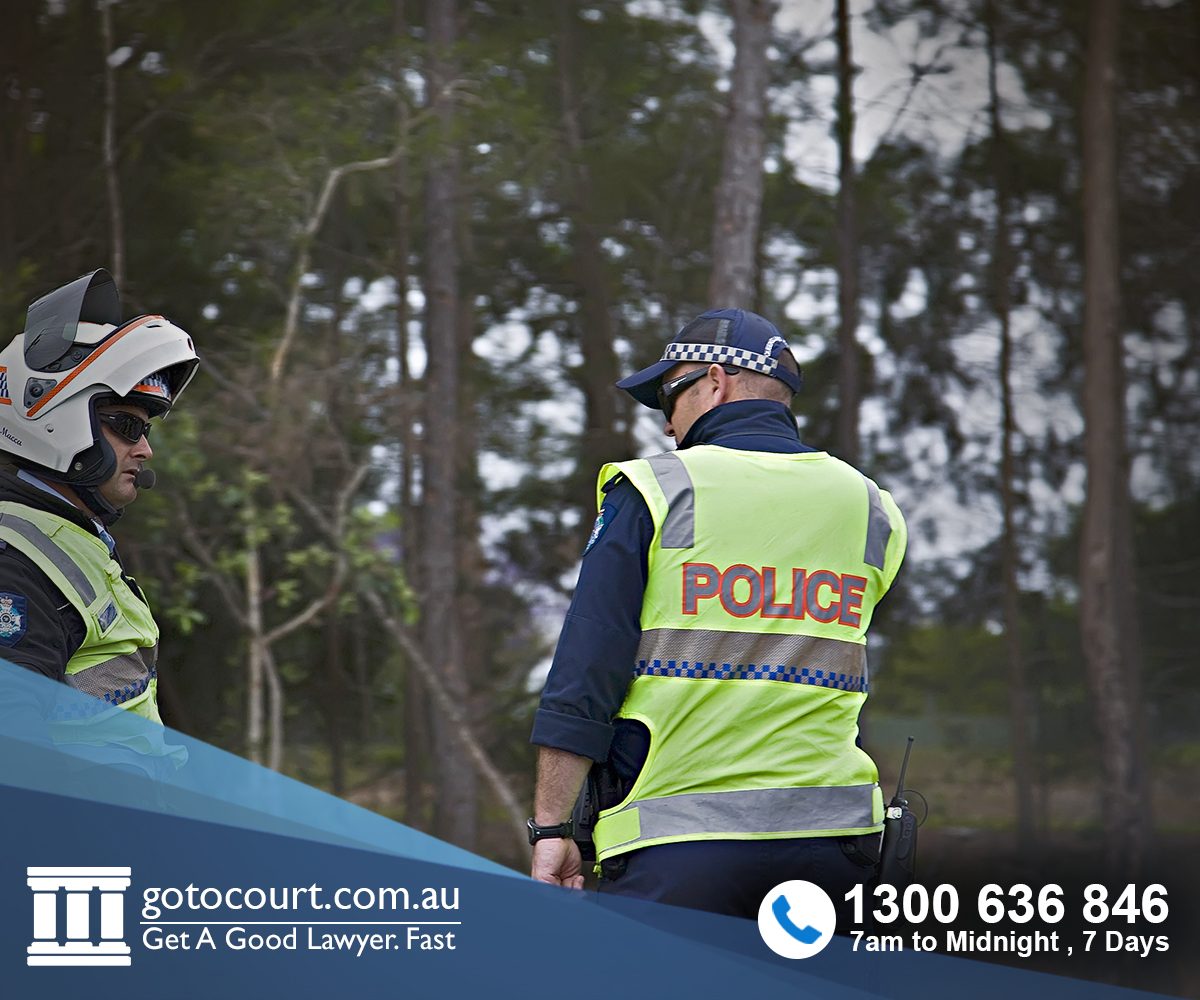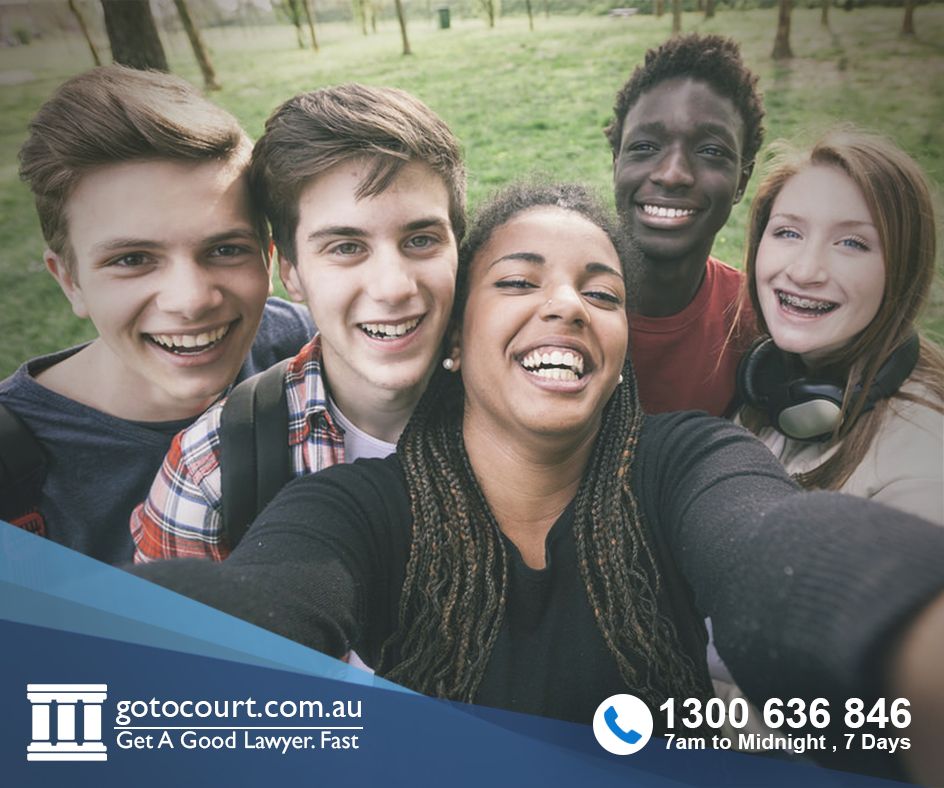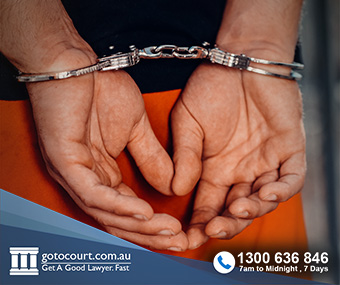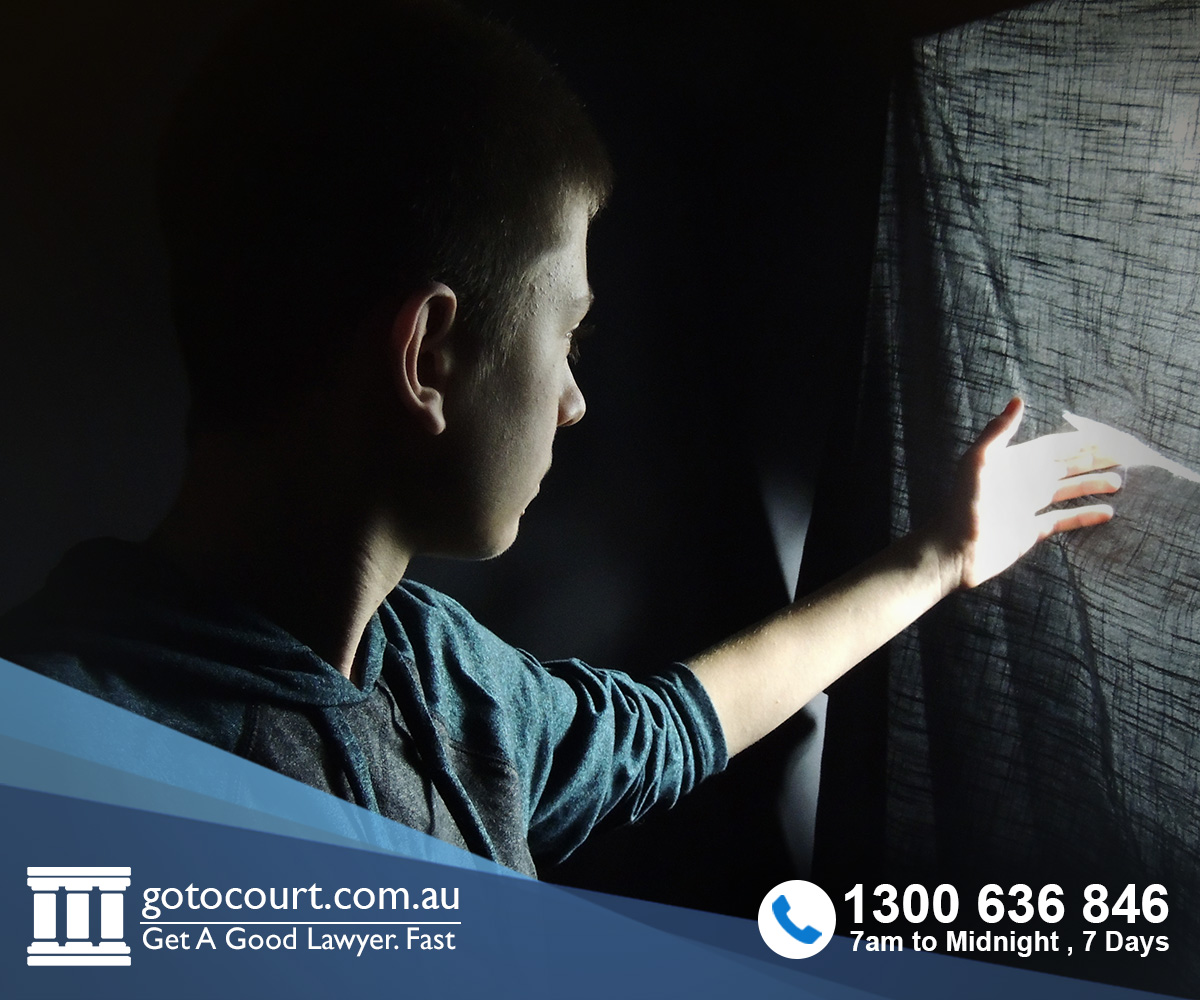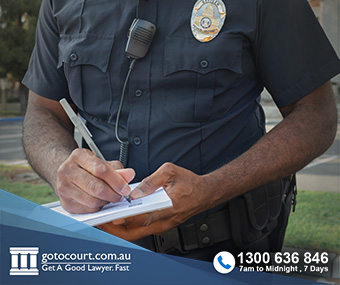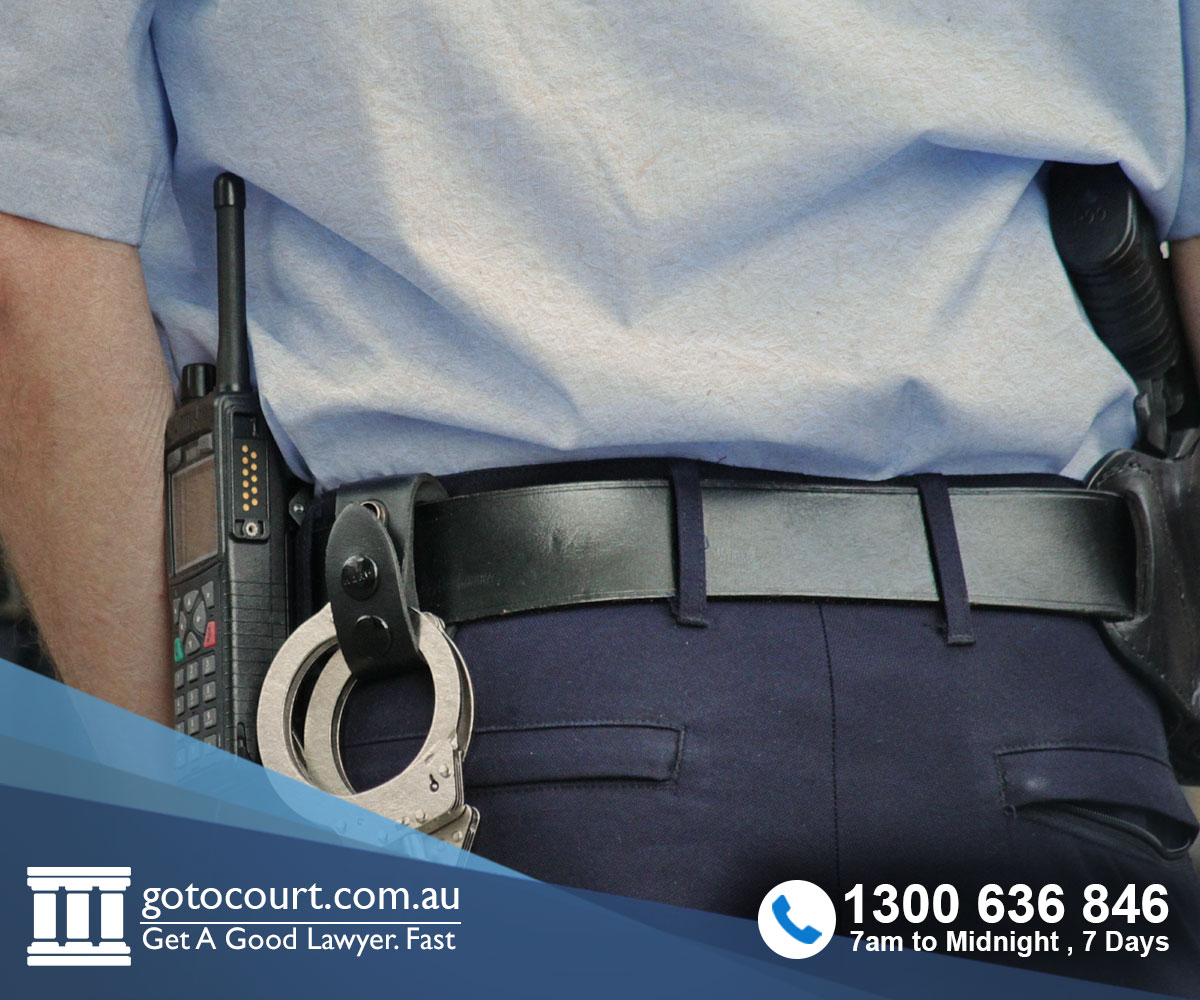Police Power to Arrest (Qld)
Police Power to Arrest (Qld)
The Queensland Police have the power to arrest you in a range of situations. Your rights during an arrest and the procedures police must follow are set out in the Police Powers and Responsibilities Act 2000. This article outlines when the police may arrest you and what you can expect to occur after being arrested.
Effective arrest in Queensland
In order to effectively arrest a person, all the police need to do is say, ‘You’re under arrest’ and to touch you. They need not handcuff you or use any force. If you co-operate with your arrest, it may occur without any physical contact beyond that initial touch.
You have the right to ask the police what they are arresting you for. You must then accompany them to a police station where you will be processed and then bailed or remanded.
You must tell the police your name and address, but you do not have to answer any other questions.
Power to arrest without warrant
Under Section 365 of the Police Powers and Responsibilities Act 2000, the police have the power to arrest an adult without a warrant if it is necessary:
- To prevent the commission of an offence;
- To make enquiries to establish the person’s identity;
- To ensure the person appears before a court;
- To obtain or preserve evidence;
- To prevent the harassment of a potential witness;
- To prevent the fabrication of evidence;
- To preserve the safety of a person;
- To prevent the person fleeing;
Police also have the power to an adult they suspect has committed an indictable offence for questioning or investigation.
Under Section 365, police have the power to arrest a child without a warrant if they reasonably suspect the child has committed or is committing an offence.
The police also have the power to arrest a person who has escaped lawful custody (Section 366) or a person who had breached their bail conditions (Section 367).
Power to arrest with a warrant
Under Section 369 the police may arrest a person named in an arrest warrant. A warrant may be issued for a person’s arrest for an offence whether or not criminal proceedings have started. A warrant will be issued if there are reasonable grounds for suspecting that the person committed the offence and (for a summary matter) that it would not be effective to proceed by way of complaint or summons because the person cannot be served.
Release from arrest
The police must release you from custody as soon as the person is no longer suspected of the offence for which they were arrested (provided the person is not in custody for another reason as well).
The police must release you if the reason for your arrest no longer exists, if the matter can be dealt with by infringement notice and a notice has been issued, or if the matter can be dealt with by way of a summons and a summons has been issued. The police must also release the person if it is more appropriate to deal with them other than by charging them and the person and the victim agree to this.
The police may keep you in custody for up to eight hours without charging you.
Indictable offences
Under Section 418, if you are arrested in connection with an indictable offence, the police must allow you the opportunity to make a phone call to a friend or relative and to call a lawyer of your choice before they attempt to interview you. If you want another person to be present with you while you are interviewed, the police must delay the interview for a reasonable time to allow the other person to arrive.
If the police lay charges against you, they will then either place you on bail or remand you. If you are remanded, you will be brought before a court as soon as possible and will have the opportunity to apply for bail before a magistrate.
Summary offences
If you are arrested in relation to a summary offence, the police generally will not interview you. They also will generally not offer you the opportunity to make a phone call or speak to a lawyer. They will simply lay charges against you and then proceed to place you on bail or in remand. The police may also opt for dealing with you by way of an infringement notice if you have been arrested in relation to something very minor, such as obstructing traffic.
If you require legal advice or representation in a criminal law matter or in any other legal matter, please contact Go To Court Lawyers.

Affordable Lawyers
Our Go To Court Lawyers will assist you in all areas of law. We specialise in providing legal advice urgently – at the time when you need it most. If you need a lawyer right now, today, we can help you – no matter where you are in Australia.How It Works




1. You speak directly to a lawyer
When you call the Go To Court Legal Hotline, you will be connected directly to a lawyer, every time.

2. Get your legal situation assessed
We determine the best way forward in your legal matter, free of charge. If you want to go ahead and book a face-to-face appointment, we will connect you with a specialist in your local area.

3. We arrange everything as needed
If you want to go ahead and book a fact-to-face appointment, we will connect you with a specialist in your local area no matter where you are and even at very short notice.


